International Women's Day: The 10 women nobody wanted to hear about — and the truth behind their stories
The Forgotten Women series has reported on women from Idlib to New York, Rwanda to Pakistan; these are the stories of Indigenous women, sex workers, FGM campaigners, survivors of genocide, victims of land grabs, and more

Some stories get told more than others. It might be because there's more political interest, a celebrity has alerted us towards them, or because they're closer to home. We know that the stories which deserve our attention don't always get it. So on International Women’s Day last year, we launched a series called Forgotten Women to give a snapshot into the lives of women and girls who are often ignored.
Living in some of the most difficult situations imaginable, 10 remarkable women have shared their stories since then. Some you will certainly know about; others you may not. From New York to Idlib, Rwanda to Pakistan, these are the narratives which were in danger of being buried and which we strove to shine a light on instead.
I feel I cannot let the anniversary of this series pass without doing everything in my power to make people listen to them.
With thousands of men imprisoned or killed at the hands of Isis and the Syrian army, many women are left behind fighting for survival in Syria, without even knowing whether their husbands and sons are dead or alive.
Despite reeling from the horrific discovery of her husband’s body, and constantly fighting to protect her five other children, Om Mohammed never gave up searching for her son. Eventually, through a remarkable search, she found out the truth.
How one Kenyan woman escaped FGM and saved thousands more from the cut
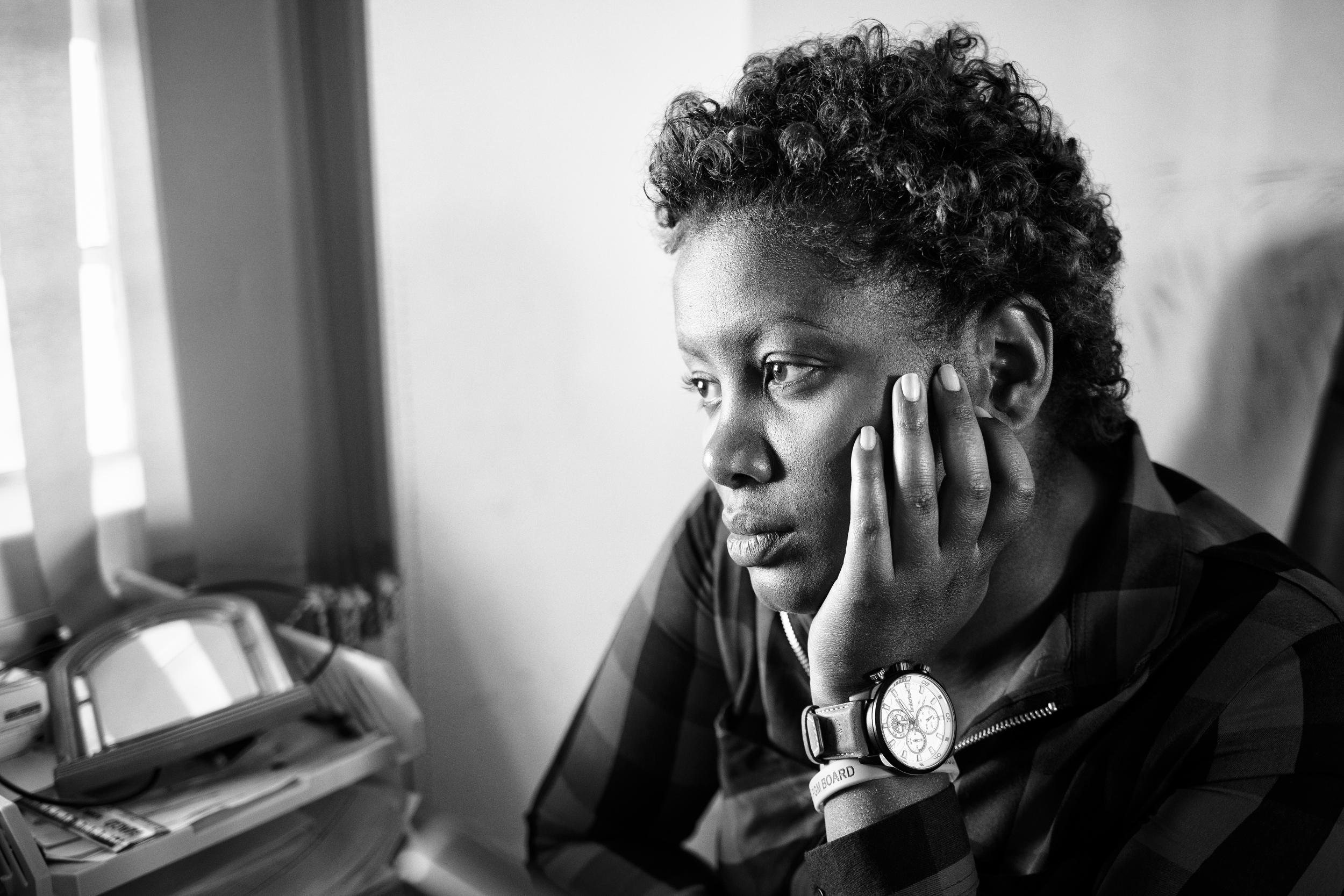
As a child, Nice Nailantei Leng’ete hid to avoid being cut, and was the only girl in her community not to undergo FGM.
“When I was hiding in the tree I was thinking: will they find me and force me to go through FGM? I saw death because of circumcision and I was worried that I might die, or if I did not die I would not be able to go back to school and I would be married.”
Despite facing stigma and pressure, Nice has gone on to save around 16,000 Kenyan girls from the cut, and is changing deep-rooted cultural attitudes to the harmful practice.
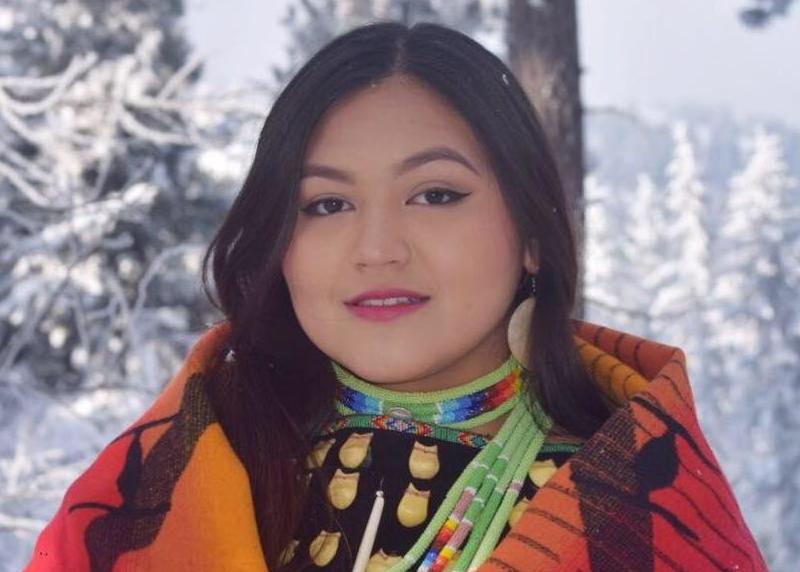
Indigenous women across North America face disproportionate levels of violence. They are far more likely to be murdered and raped, with thousands of native women going missing across Canada and the US every year.
Marita Growing Thunder, a 19-year-old murdered and missing indigenous women (MMIW) activist from Montana, has experienced this violent lack of justice firsthand — five times.
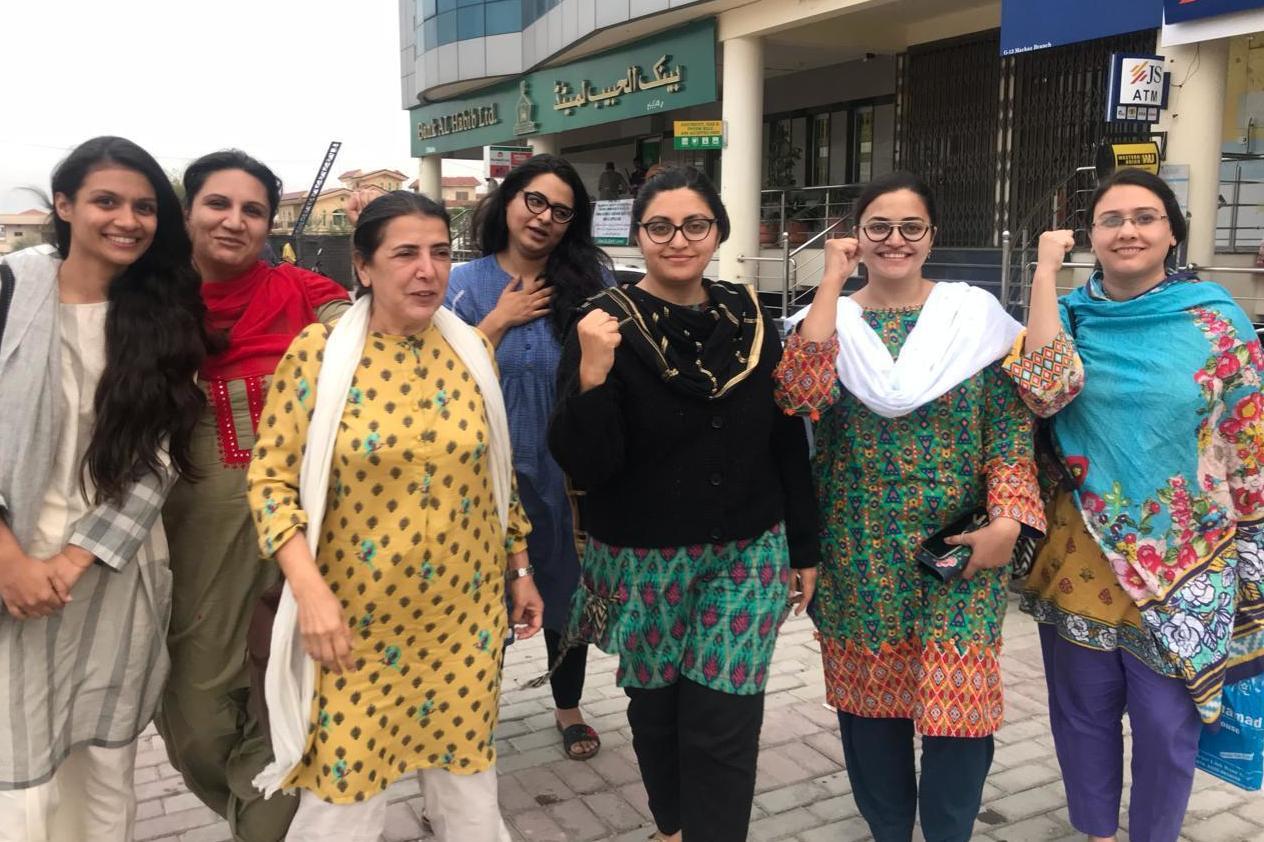
In a climate where the government is repeatedly accused of stifling free speech, Pakistan has questions to answer about the arrest of Gulalai Ismail, and why activists like her are being detained.
Her sister, Saba, tells us about their fight against religious extremism and the risks involved in speaking out.
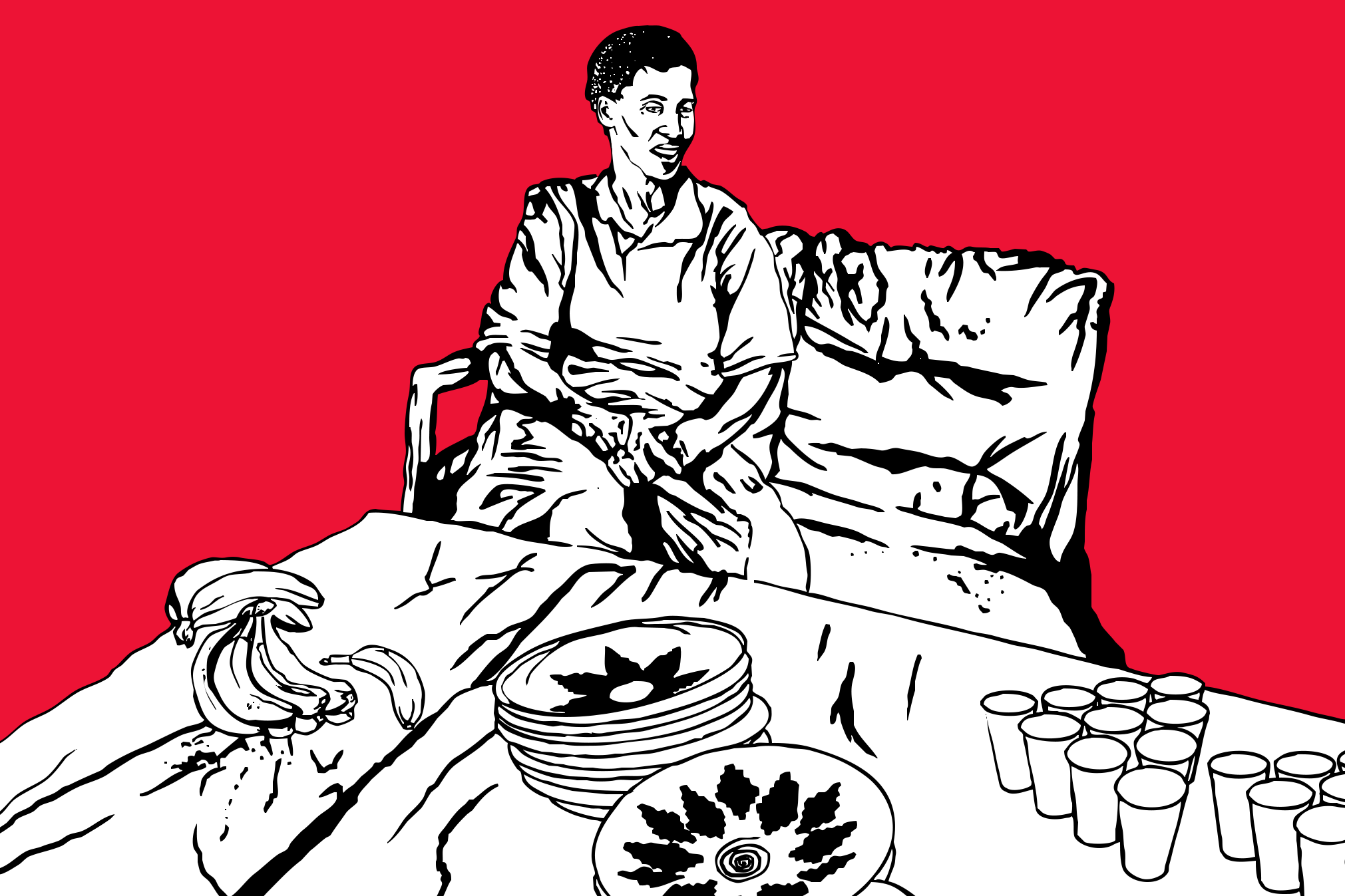
The only one of 14 siblings to survive the Rwandan genocide, and with four children of her own to look after, Mukeshimana Vestine also took on the care of her orphaned nieces.
Charting years of extreme poverty and near starvation, Vestine’s story shows how not only a family can rebuild and reform after such horror, but how a nation can too.
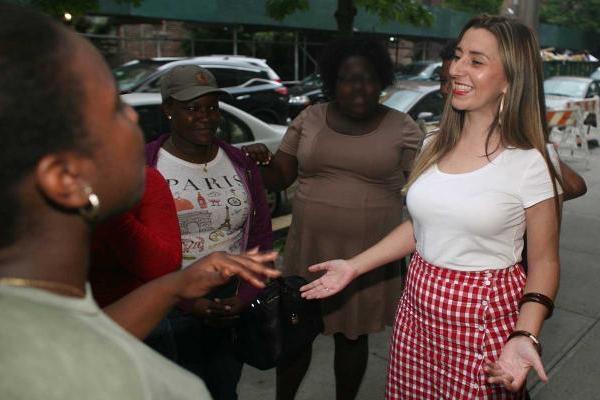
Rachel Lloyd was forced to leave her school in England after her abusive, alcoholic stepfather drained her mother’s finances then left the family. As an underage teen she was raped by an adult and battled with substance abuse. When she moved to Germany, her boyfriend – who was a crack addict — eventually became her pimp.
Hers is by no means an isolated tale. So how do we break this destructive cycle? Rachel’s story shows how women can escape commercial sexual exploitation (CSE) and effect real change for others.
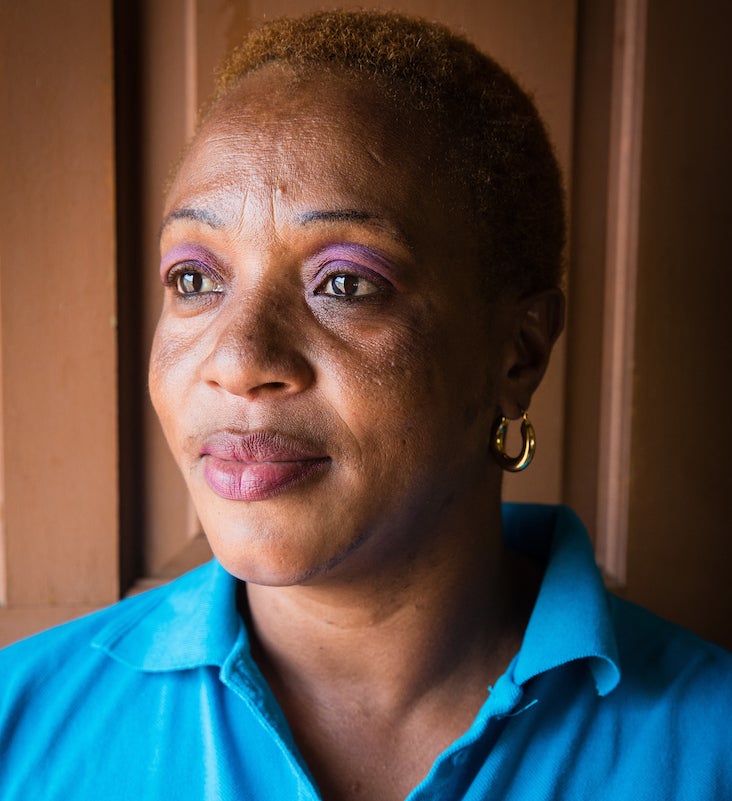
South Africa has the biggest HIV epidemic in the world: 7.1 million people live with the virus. Many women have been unknowingly infected then passed it on to their children.
This is Sylvia Mdluli, a woman who lives and breathes these statistics. And a woman fighting to make history by helping mothers like her.
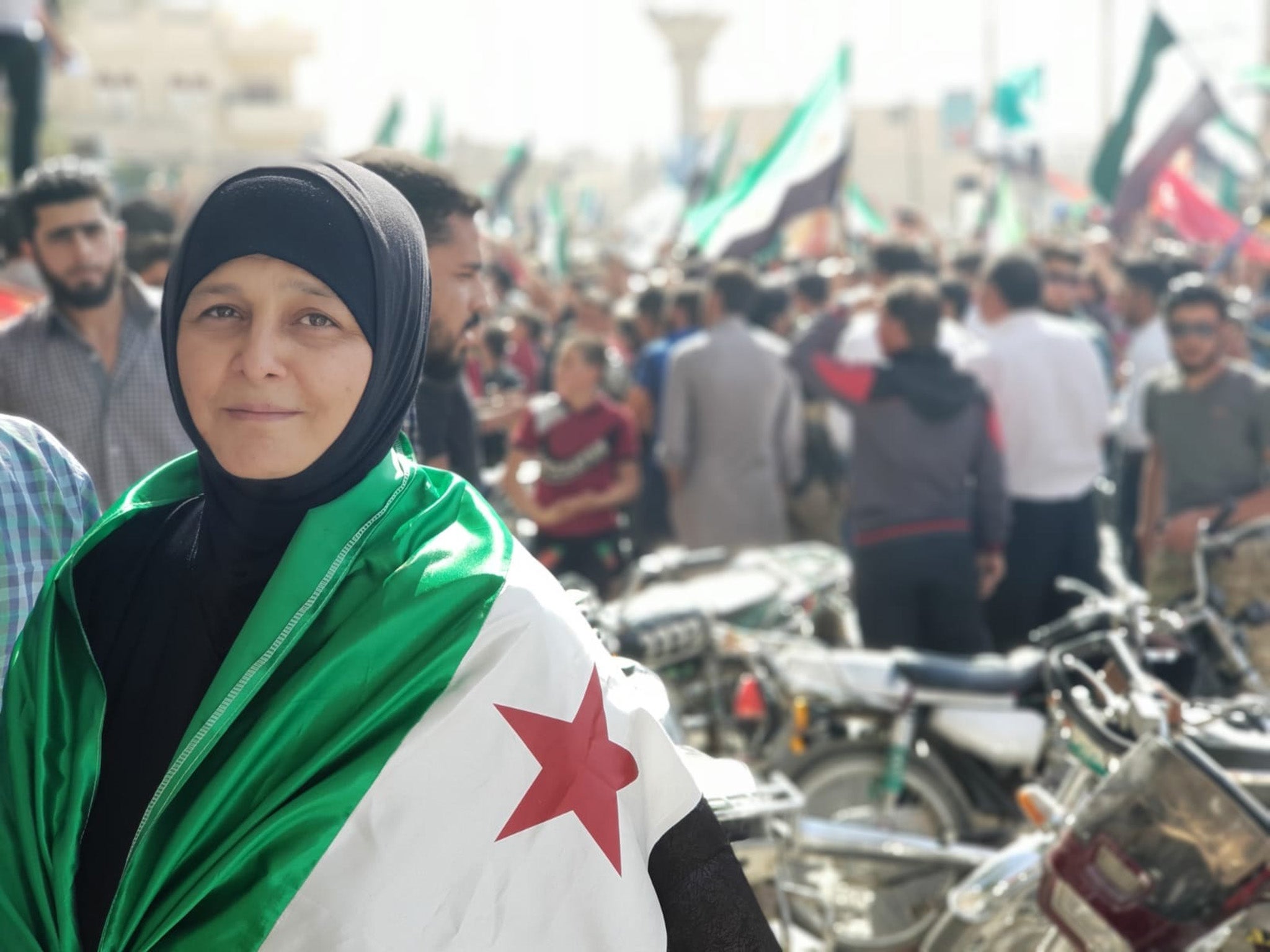
Thousands of people are still displaced in Syria, living with limited access to basic necessities such as food, electricity and fuel. Unknown numbers are detained or missing.
Many of those left behind are women doing what they can to support their families, often mourning the loss of loved ones at the same time. Even though there are fewer battlefields, fighting continues, leaving civilians in continuing mortal danger. Ahlam is one of the women trying to rebuild a life in Idlib not just for herself, but for the community around her.
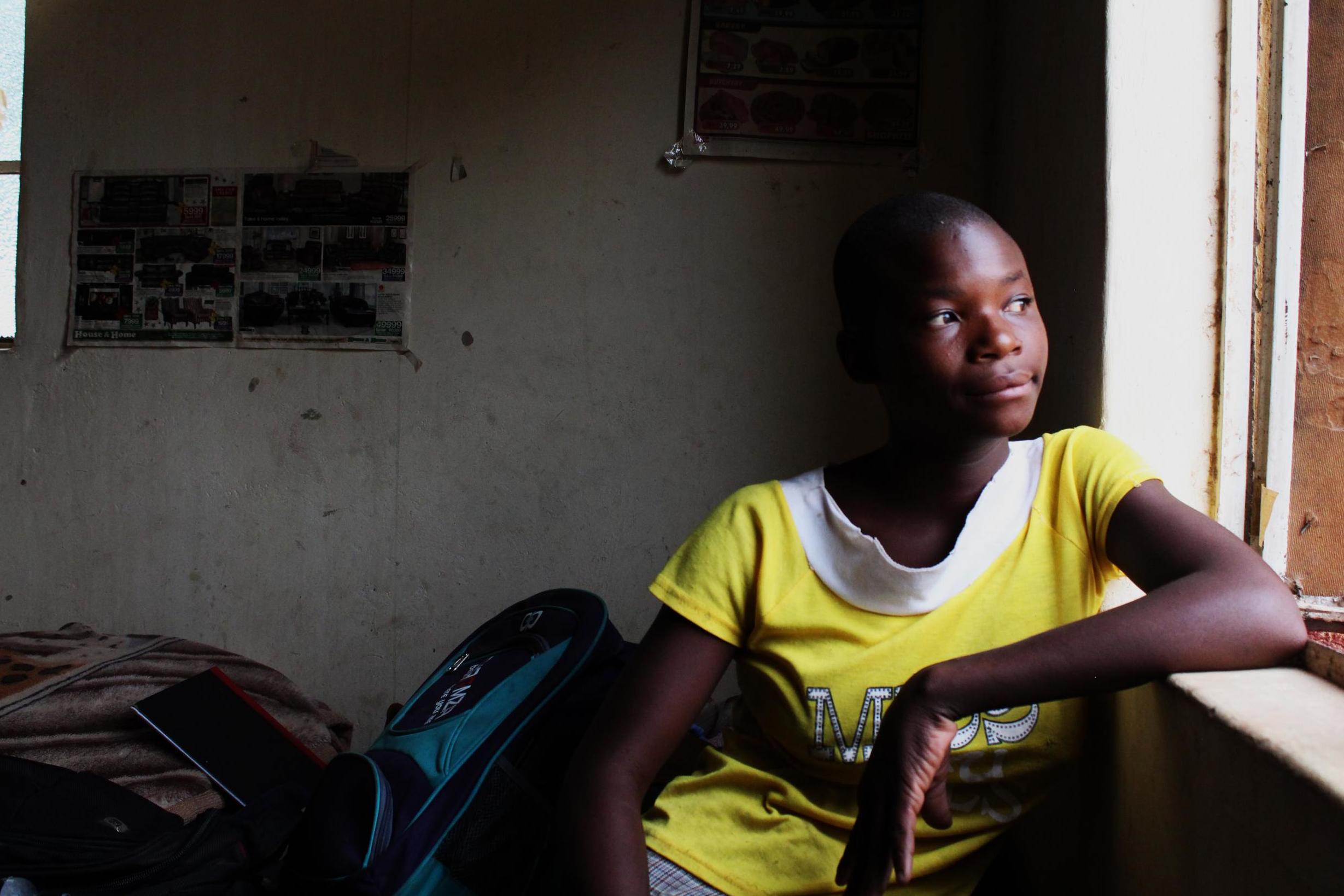
Sexual assault in this African nation is on the rise: 78 per cent of women who have experienced domestic violence report that it was at the hand of their husband or partner.
Zimbabwe is not unique in its battle to reduce high rates of domestic violence, but it is a country at a turning point. Tireless campaigning has seen gender equality enshrined in law, even in a volatile political environment. By sharing their stories, women and girls such as Agnes are hoping to continue this progress.
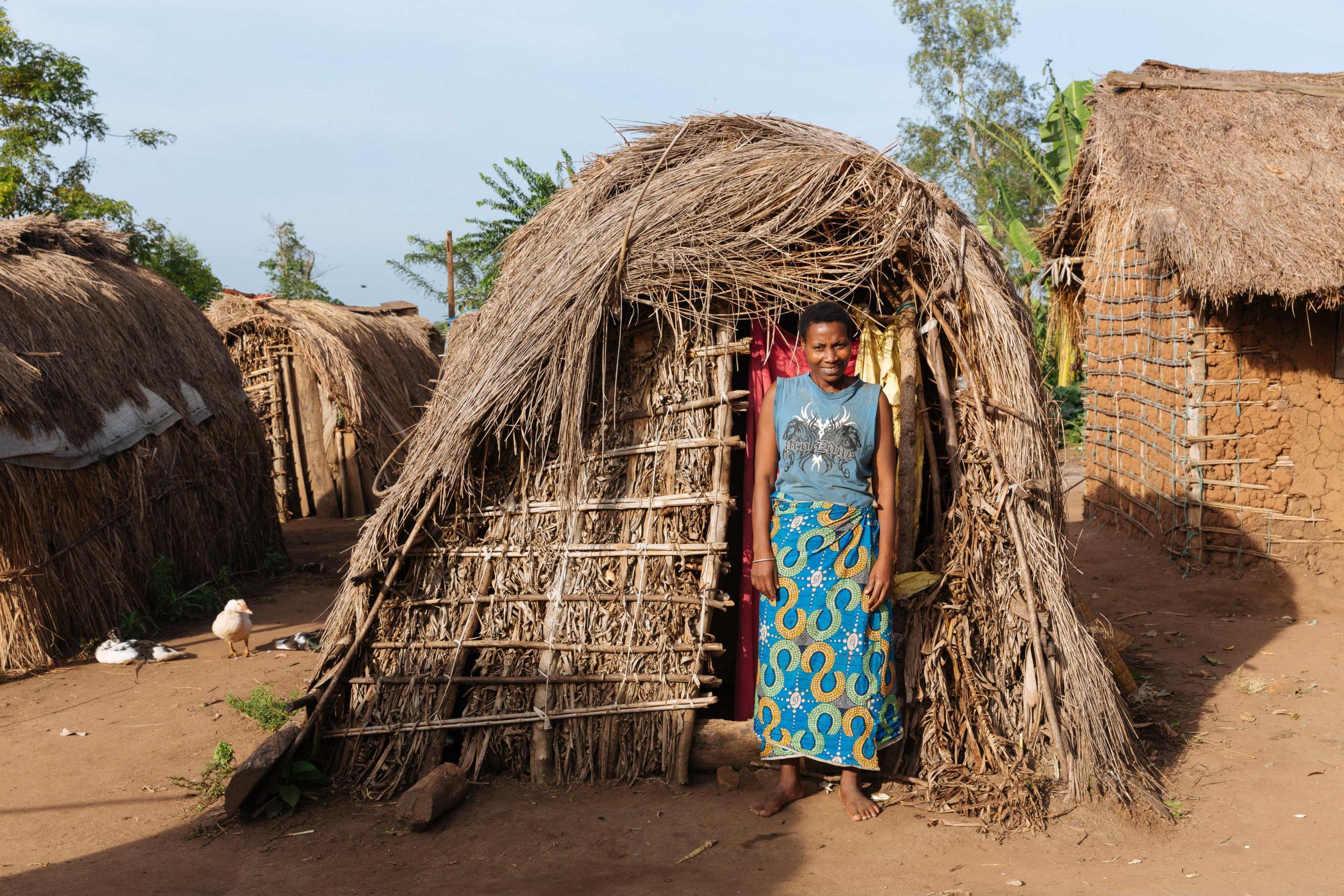
Patience is a 30-year-old mother with six children who is doing everything she can to rebuild her life after her husband, Isaac, died in a Ugandan land grab. Like many others in the country, her family were forcefully evicted from their land, in this case so a sugar factory could be built there.

“One day, we were at home and we heard screams. There was so much violence. Guns, tear gas and machetes. If you delayed they burnt down your house. I heard screams everywhere and I started running. They took our goats, cows, chickens and our whole home.”
When we last spoke with Patience she was living in a displacement camp, and gradually rebuilding what had been taken from her.
Join our commenting forum
Join thought-provoking conversations, follow other Independent readers and see their replies
Comments
Bookmark popover
Removed from bookmarks